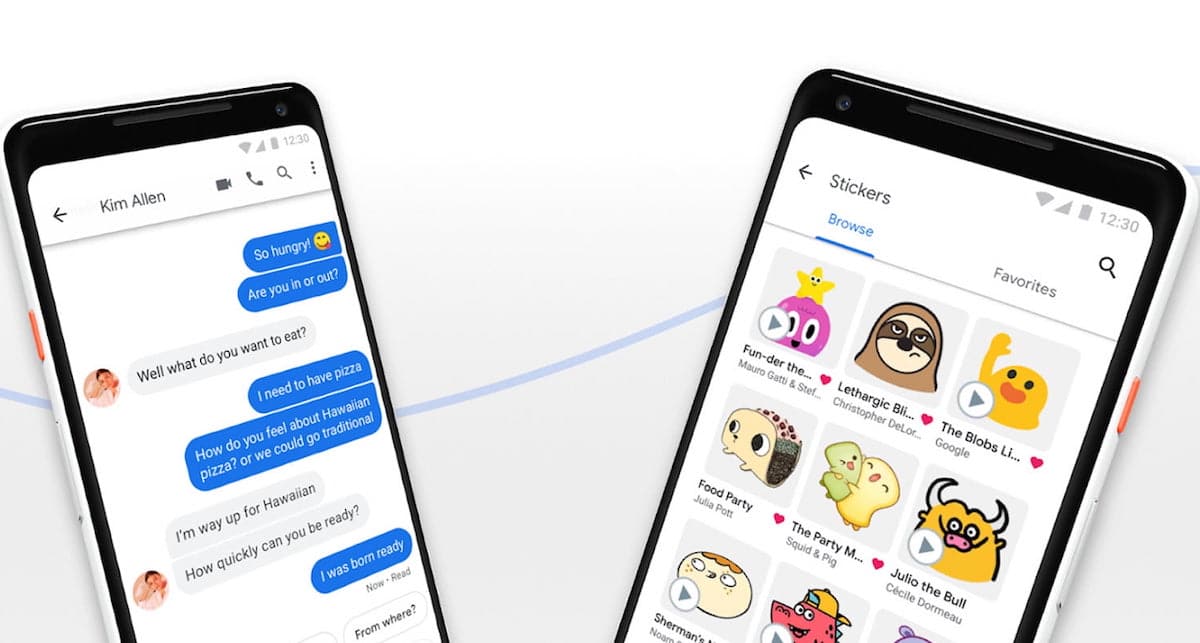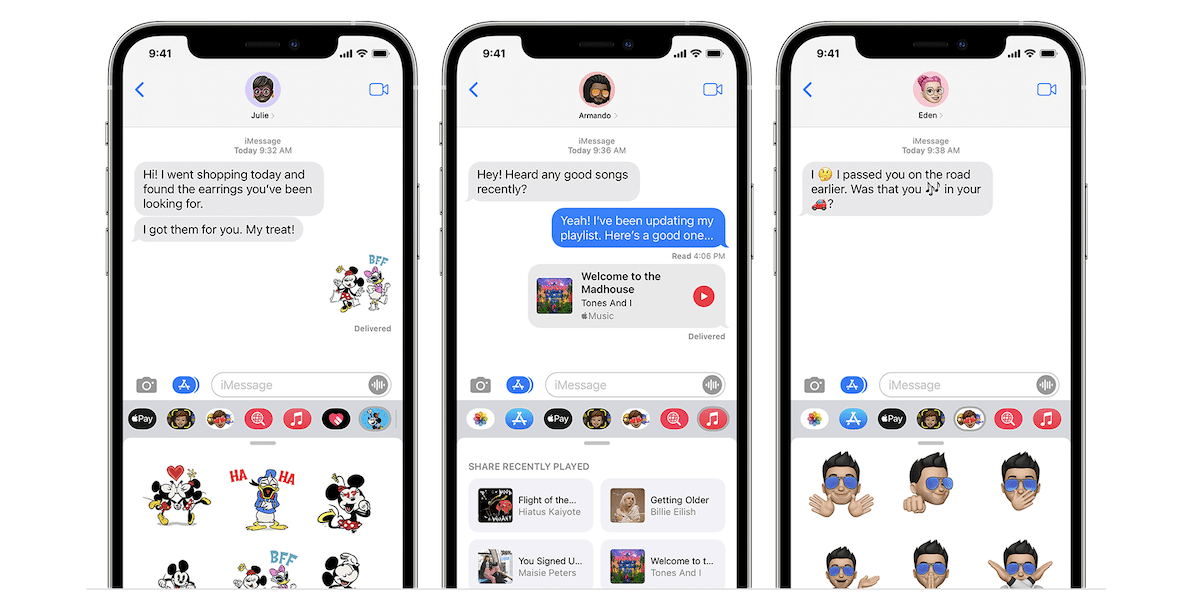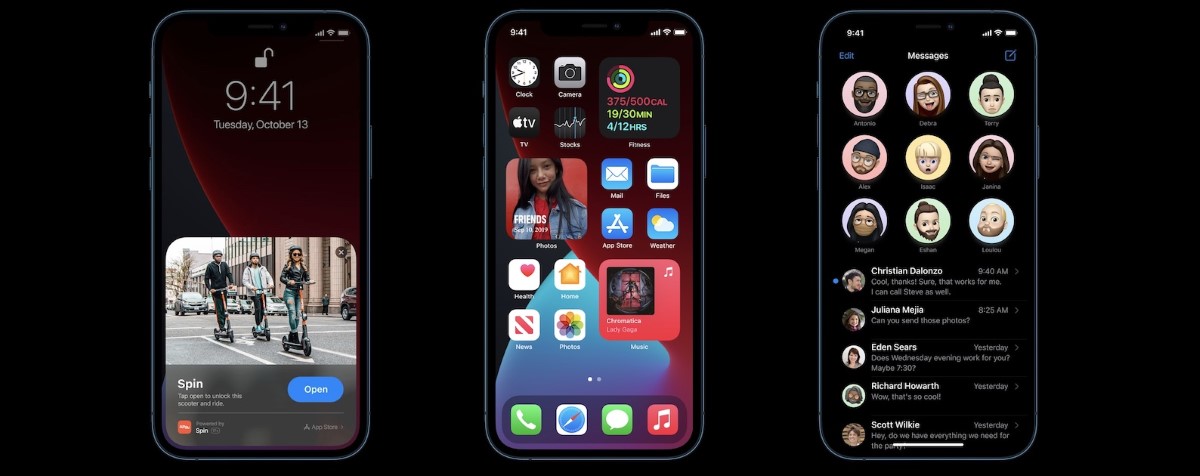Recently, the European Commission added a new requirement in its “Digital Markets Act” (DMA) to make social messaging platforms like iMessage, WhatsApp, Facebook Messenger, and others interoperable. That means users will be able to send texts across platforms like emails; for example, an iMessage user will be able to text on WhatsApp.
Discussing that proposal, security experts say that the new messaging system would give users more choice to use the platform or service they like the most, but it will be a huge challenge for the tech companies which would have to introduce several changes to offer messaging interoperability and the system is likely to face privacy and security issues, after availability.

Interoperability among iMessage, WhatsApp, and other platforms could jeopardize the end-to-end encryption feature
As per reported by The Verge, security experts believe that it will be very difficult, if not impossible to implement messaging interoperability. However, it would impact the end-to-end encryption protection provided to the users.
An internet security researcher and professor of computer science at Columbia University, Steven Bellovin said that there is no effective way to offer a universal messaging service with security and interoperability for encryption across apps with unique features.
“Trying to reconcile two different cryptographic architectures simply can’t be done; one side or the other will have to make major changes. A design that works only when both parties are online will look very different than one that works with stored messages …. How do you make those two systems interoperate?”
He also added that the new messaging system will deprive users of the exclusive features of certain messaging platforms to form a uniform messaging system.
Making different messaging services compatible can lead to a lowest common denominator approach to design, Bellovin says, in which the unique features that made certain apps valuable to users are stripped back until a shared level of compatibility is reached.

For example, Apple allows iPhone users to exchange iMessage amongst them in blue chat bubbles with expressive features like Animojis, reactions, the ability to send and receive cash, share photos, and videos, host group chats, and much more. Apple also offers a simple SMS service to communicate with users outside its ecosystem but without any of iMessage’s fun and enjoyable features.
Furthermore, privacy experts explain that DMA’s fix for end-to-end encryption, to decrypt and re-encrypt a message between two messaging services without encryption compatibility, would allow “bad actors” to intercept. An internet security expert and former Facebook engineer, Alec Muffett said that it will be a “mistake” to think Apple iMessage, Facebook WhatsApp, and other tech companies make identical and interchange products. To assume that would be tantamount to ordering sushi at McDonald’s.
“If you went into a McDonald’s and said, ‘In the interest of breaking corporate monopolies, I demand that you include a sushi platter from some other restaurant with my order,’ they would rightly just stare at you,” Muffett said. “What happens when the requested sushi arrives by courier at McDonald’s from the ostensibly requested sushi restaurant? Can and should McDonald’s serve that sushi to the customer? Was the courier legitimate? Was it prepared safely?”

However, Matrix co-founder Matthew Hodgson believes that messaging interoperability will be challenging to achieve but eventually beneficial. It will allow users an exit from the tech giant’s “walled gardens”.
“In the past, gatekeepers dismissed the effort of [interoperability] as not being worthwhile,” Hodgson told The Verge. “After all, the default course of action is to build a walled garden, and having built one, the temptation is to try to trap as many users as possible.”
Seeking to stay in control of its ecosystem, Apple did not adopt the Rich Communication Services (RCS) protocol/ standard for iMessage, in spite of Google’s pressure. Maybe, the tech giant would also not willingly adopt iMessage interoperability.